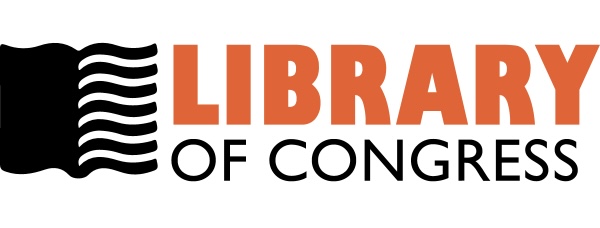Treatment Of Subclinical Epileptic Discharges Affects Cognitive Functions In Epileptic Patients.
DOI:
https://doi.org/10.32007/jfacmedbagdad.541769Keywords:
cognitive function, interictal epileptic discharge, epilepsy.Abstract
Background: EEG recording showed a definite relationship between epileptiform EEG discharges and cognitive impairments (transient cognitive impairment “TCI”), since interictal spikes, which correspond to a large intracellular depolarization with evoked action potentials, in many ways mimic a “miniseizure.” Interictal spikes can result in transitory cognitive impairment with the type of deficit dependent on where in the cortex the spike arises. The interictal spikes, particularly if frequent and widespread, can impair cognitive abilities, through interference with waking learning and memory, and memory consolidation during sleep.
Objectives: the aim of this study is to evaluate the effect of subclinical epileptic discharges on cognitive function in patients with epilepsy.
Patients & Methods: This is a prospective study conducted in Basra teaching hospital in the period from December 2009 to February 2011 in order to evaluate the effect of epileptic discharge on cognitive function. EEG exam and cognitive function test (P300) was done for each patient four times at three months interval period, and one time for control group. Two hundred twenty four (224) patients included in this study with age range from (12-40) years. the EEG obtained after 30 mints of recording was categorized in to three groups frequent, infrequent and normal EEG record.
Results: we found that patients with frequent IEDs have high mean P300 latency when compared to patients with infrequent and normal EEG exam, also the mean p300 latency significantly reduced (more improvement in cognitive function) after treatment with AEDs.
Conclusion: Treatment of patients with frequent epileptic discharge improve cognitive function in patients with epilepsy, and reduction of IEDs greatly improve cognitive abilities in epileptics.
















 Creative Commons Attribution 4.0 International license..
Creative Commons Attribution 4.0 International license..


